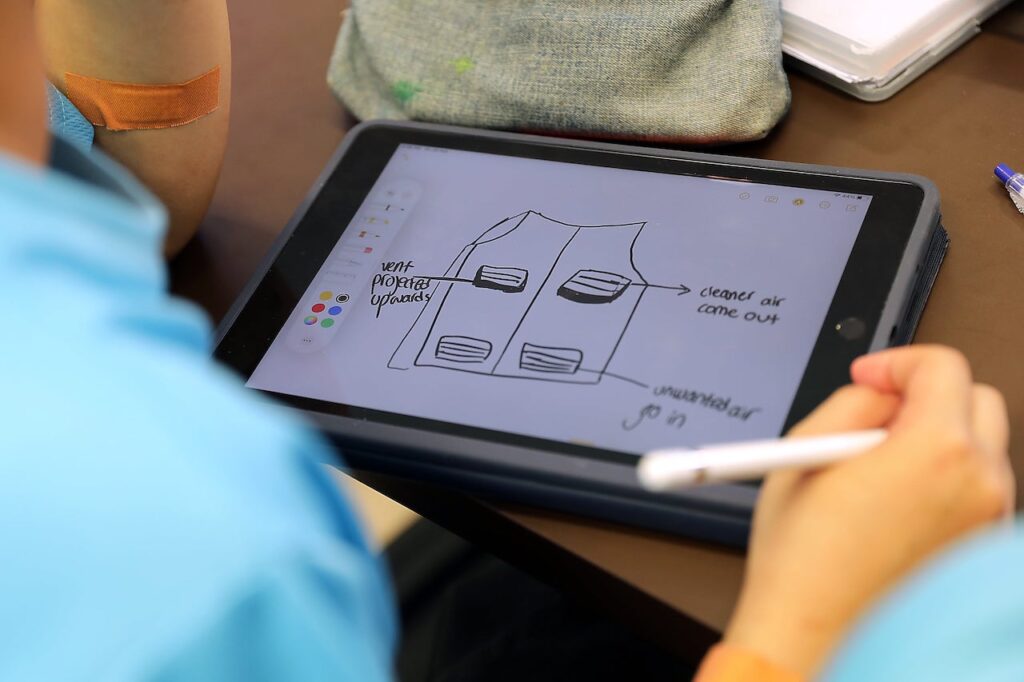The World Health Organization (WHO) estimates that 9 out of 10 people globally are used to breathing air that exceeds the pollutant limits. A fact that must daily stimulate us to reflect and intervene to improve our health and that of future generations. Dyson moves in this direction, announcing the launch of the educational campaign “The Science of Air: education on air quality”, an educational project aimed at primary and lower secondary schools in Lombardy, for AS 2022 – 2023. The classes involved in this initiative are 350, for a total of 8,500 students aged between 9 and 14 years.
With the Science of the Air campaign, Dyson aims to raise awareness among young people on current issues, providing a training course to integrate the science subjects dealt with at school. The teaching materials are made by James Dyson Foundation (charity established in 2002) and are developed to investigate the components and sources of air pollution with a scientific approach, offering young people engineering solutions to deal with it. Over the course of five lessons, students will focus on why air pollution is a global problem, and how engineers around the world are moving to help solve it. With the help of the teachers, pupils will have the opportunity to discover the design process, designing and creating a prototype of their solution to the problem of air pollution during their school career.
The science of air: Dyson’s initiative against air pollution

Dyson is a Global Research and Technology Company with thirty years of experience in the study of airflow, filtration and digital motors. In addition to dedicating itself to product development, the company collaborates with research organizations and academic institutions to increase knowledge about air quality globally. In order to pursue the objectives of the science of air educational campaign, Dyson makes its knowledge available in the field.
Each class participating in the initiative receives a paper and digital kit free of charge at school which, in addition to the presentation letter of the project, includes: an educational booklet created by the James Dyson Foundation, divided into three macro-sections and containing workshops and educational activities to be carried out in the classroom ; five posters to be displayed in the classroom to deepen and integrate the issues addressed during the lessons; certificates of participation for students, which contain a didactic game and an outline of what has been learned in class, useful for sharing with the family.
The first phase of the campaign, which provides for the receipt of the educational kits by the participating schools and the integration of the project into the educational program, is currently underway. Air science will then experience a second phase in 2023, with training sessions in schools and other activities designed to allow students to observe the problem of air pollution even more closely.















Leave a Reply
View Comments